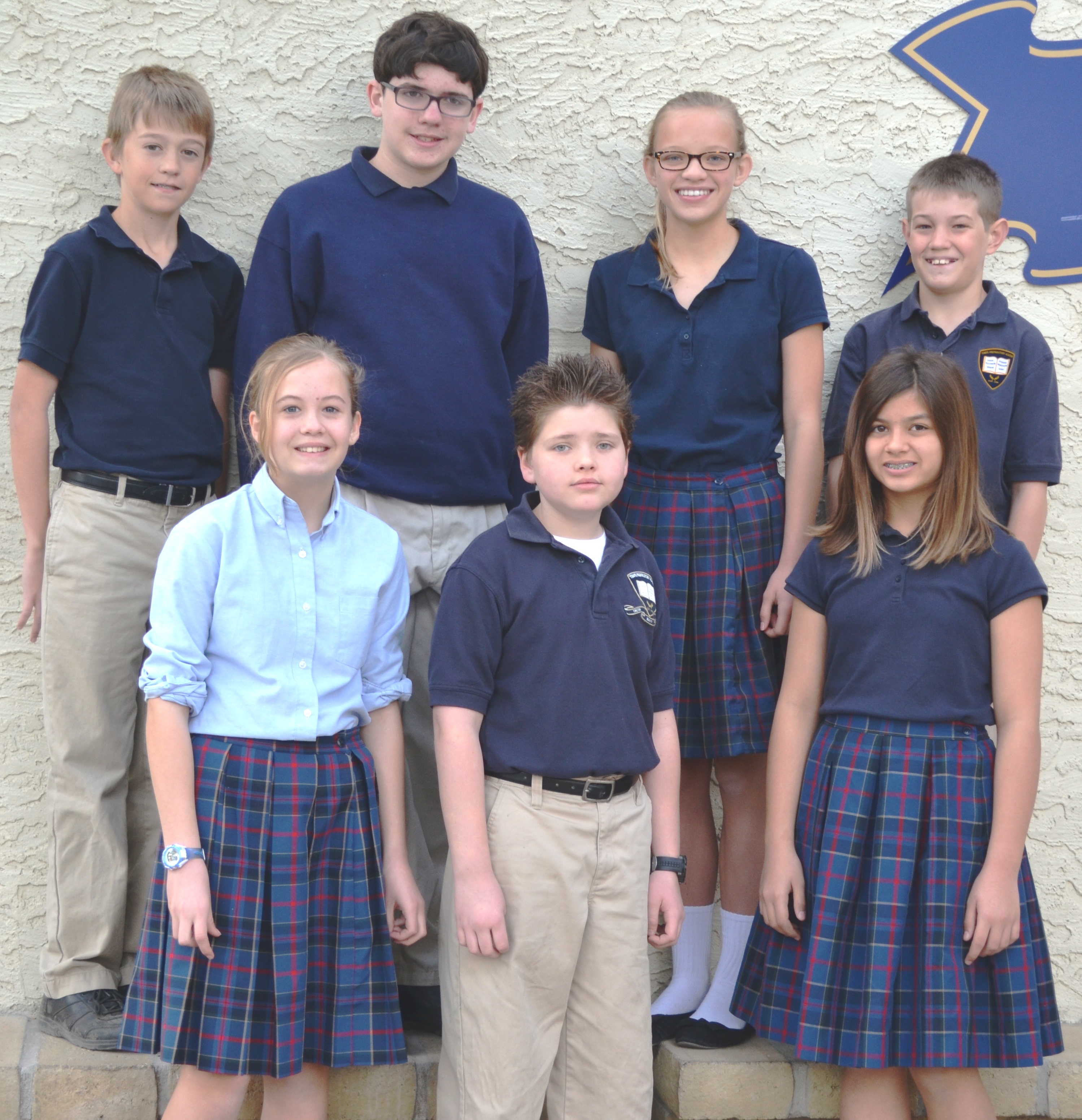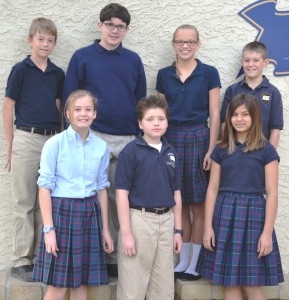By Emily Gregg
Azimuth. Netiquette. Occipital. Could you spell those words off the top of your head? How about stöllen, bourgeois, or chauvinism? Some might not know how to say these words and may even doubt their existence in the dictionary. They are real words, from junior high spelling bee lists. Having experience competing in both the school and regional spelling bees, I set out to find the best ways to remember correct spellings.
When competing in the bee, you are allowed to ask five questions about the word: the definition, the language of origin, the part of speech, an alternate pronunciation, and if it can be used in a sentence. I know that if you ask these things the answers will give you clues on how to spell the word.
High school students have had years of experience writing. Luke Reboulet and many other seniors say that they look at the root of the word, and the definition. Kate Coriell and Maggie Drury (also seniors) suggest finding the correct pronunciation of the word and learning how to use it in context.
What do junior high students say? Sofia Hidalgo remembers words from funny links with the pronunciation. “A three-year-old told me that he had serious ‘busy-ness’ to attend to in the bathroom, and that is how I remember business,” she said.
Another student, who asked to remain anonymous, said, “I just study at the last minute.” In my opinion, this method is not recommended. You could always take my advice, the advice of a champion: bug your parents to help you study by saying the words correctly lest you look like an idiot asking for an alternate pronunciation.
You can also check out these websites as studying tools: spellingcity.com, myspellit.com, and spellingbee.com.

